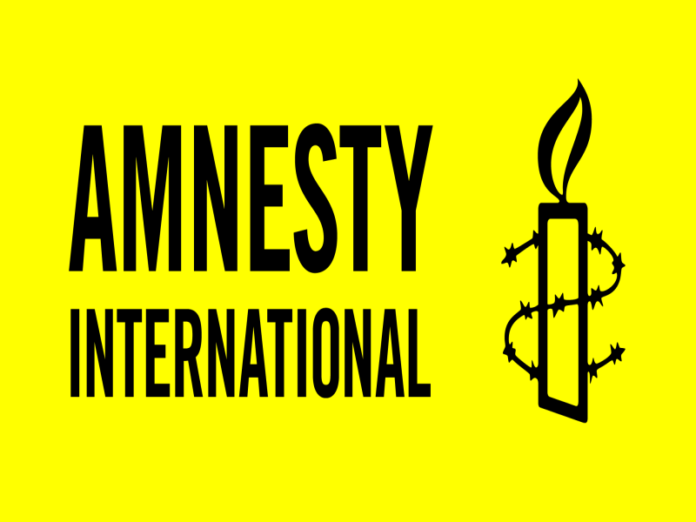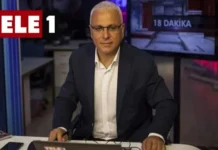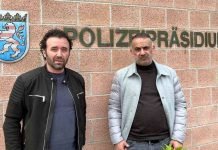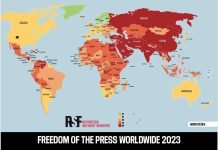The Turkish authorities are using criminal law provisions to target people who discuss the COVID-19 pandemic online from a critical perspective, according to a statement by Amnesty International (AI).
According to the international human rights watchdog, the Turkish Ministry of Interior alleged that from March 11, when the first COVID-19 case was reported, to May 21, a total of 1,105 social media users were involved in propaganda for a terrorist organization that included “sharing provocative Coronavirus posts.” Five hundred of these users were reportedly detained and questioned.
In a well-publicized case, truck driver Malik Yılmaz ended up in police custody after sharing a TikTok video on March 28 that went viral. In the video he expressed his frustration with the “stay home” message, saying: “How would you suggest I do that? I am not retired or a civil servant, I am not rich. I am a worker, a truck driver. If I don’t work, I don’t eat. I can’t pay my bills. Not being able to pay the bills is worse than death… But this virus won’t kill me, what will kill me is your system.”
Amnesty International’s statement also highlights the difficulties that journalists have experienced during the pandemic. “Turkey has more journalists and media workers in prison than any other country,” the statement reads, adding: “Longstanding media repression intensified after the 2016 attempted coup, with newspapers shut down and scores of journalists convicted under overly broad anti-terrorism laws. Now, the authorities are again targeting journalists. In the last three weeks of March alone, at least 12 journalists were detained by police for their reporting of the pandemic.”
On March 18 Güngör Arslan, website editor of Kocaeli Ses — a local newspaper in the western province of Kocaeli — was detained after an article on the newspaper’s website reported two coronavirus deaths in a local hospital. He was released after questioning by the prosecutor. Speaking to Amnesty International a few weeks later, he said: “[The state prosecutor] said to me ‘don’t write these articles.’ He literally said that to me… I have no idea whether this will turn into a prosecution, but it was certainly intimidating.”
According to Amnesty International’s statement, doctors and the Turkish Medical Association (TTB) have also been experiencing difficulties: “Since the start of the pandemic, the authorities have targeted individual doctors and the TTB for challenging and criticizing government health policies.”
In one such case, Şanlıurfa Medical Association Co-chair Dr. Ömer Melik was summoned to the police station on April 8, three days after his organization released the number of COVID-19 cases in the city. Dr. Melik said: “The police asked me: ‘Why are you sharing numbers on your Twitter account? Who gives you the numbers?’ I told them, ‘the practitioners who are dealing with the pandemic.’ … Apparently, we were spreading fear and panic.” He was later released on bail.
Last week, Human Rights Watch issued a call to Turkish authorities to immediately halt investigations into doctors running three medical associations in the country’s east and southeast regions over COVID-19-related interviews and social media posts.
















